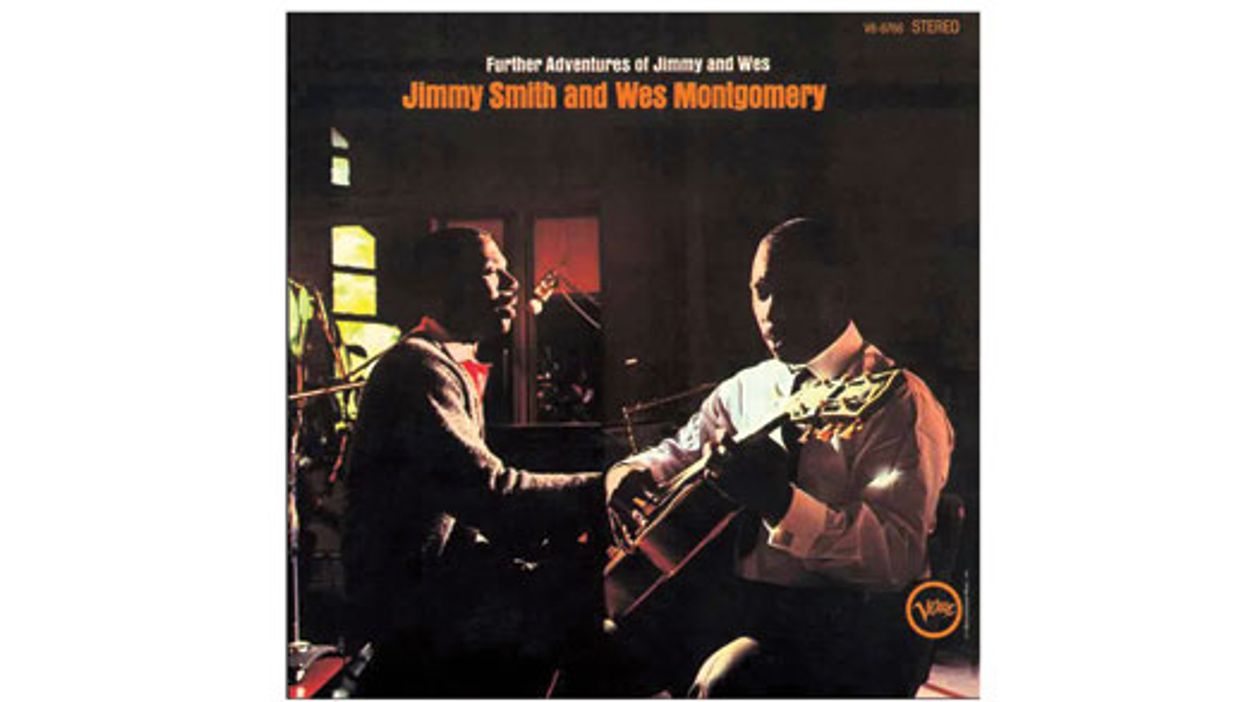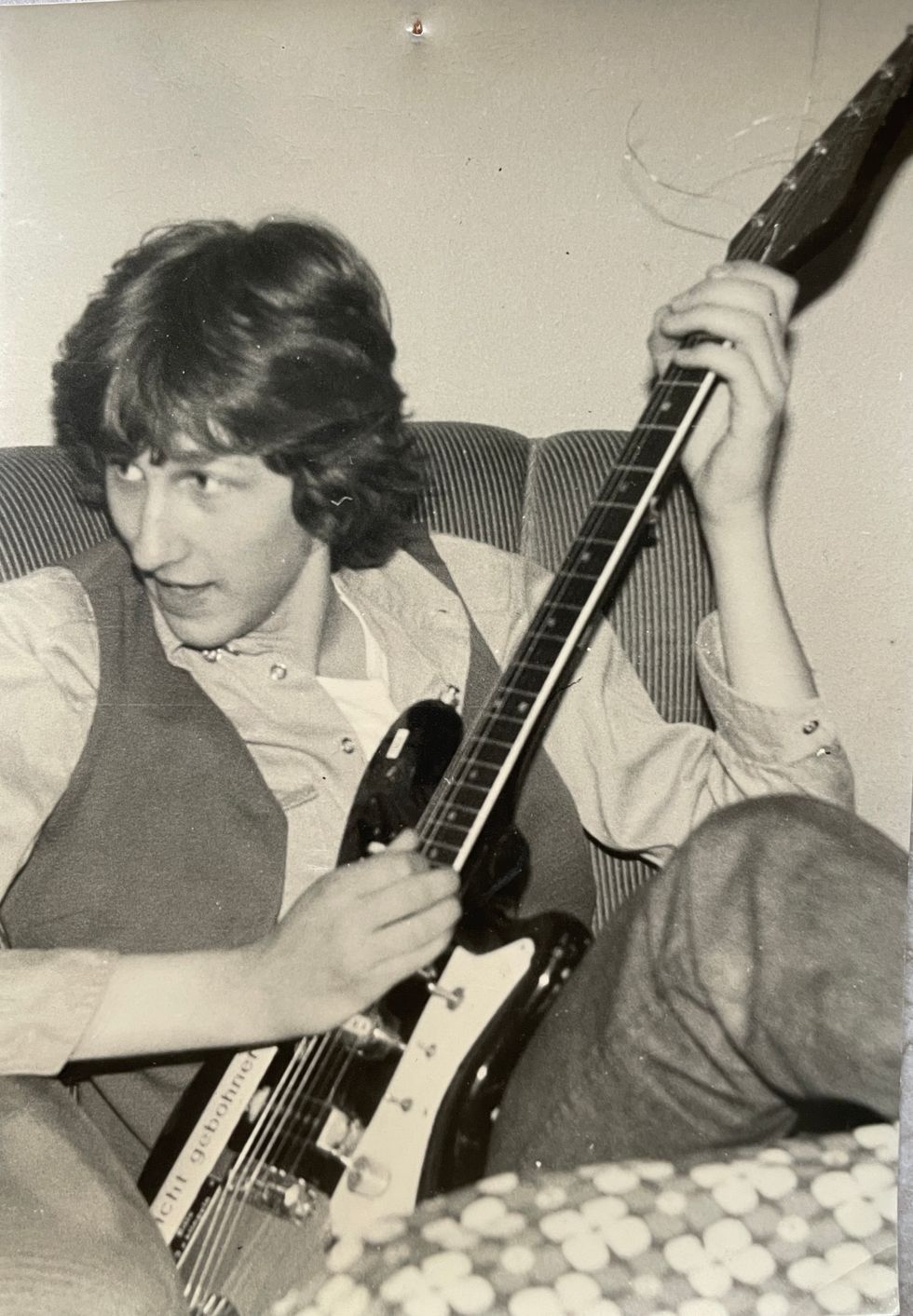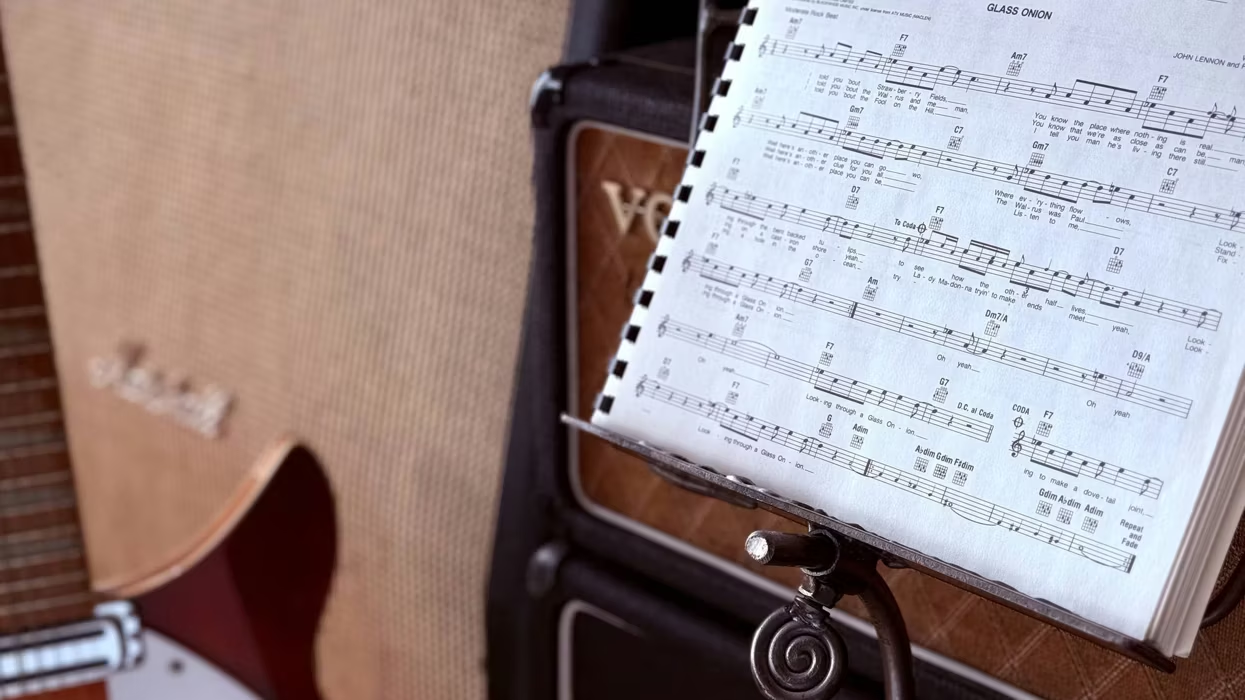While I was visiting the Pantheon in Rome, I learned from Rick Steves' Italy guidebook that today nobody knows exactly how the structure was built. Roughly 2,000 years after it was constructed, the Pantheon remains the world's largest unreinforced concrete dome and a mystery of engineering. There are plenty of modern theories, but the Pantheon—like the Pyramids of Giza, Teotihuacan in Mexico, Puma Punku in Bolivia, the Hypogeum of Hal-Saflieni in Malta—demonstrates sophisticated thinking that was lost, suggesting that at one time there were a lot of really smart people accomplishing amazing things and then there weren't.
How does that happen? How do humans grow more stupid and yet still survive? The fact is that even during our so-called Information Age, we are losing knowledge.
Por ejemplo: Public schools are doing away with teaching cursive writing. Losing that ability may not seem like a big deal as most of us rarely use it anymore. Few will miss the ability to write in cursive, but future generations will miss the ability to read the correspondence from all the preceding generations that wrote in cursive ... like parents or grandparents, or our founding fathers with the Declaration of Independence, or other folks who penned stuff that may be important. That's one way knowledge disappears, but there are subtler and more insidious ways our society declines yearly.
Because a good deal of modern communication happens (ineffectively) through talk-to-text, I've totally lost my ability to spell. Nor can I write freehand or type well with my gigantic, gorilla-like thumbs. My dependence on GPS has stripped me of the ability to read a map. I read music charts so often that I've forgotten how to remember songs. I read number and chord charts so often I've forgotten how to read staff notation. I always tune with a tuner, so I can't for the life of me tune by ear. I can't remember how to play a decent solo without employing a pedal or two ... delay, dirt, compressor, phaser—give me something! I wonder, how far can I deteriorate and still slough by?
That's just my personal decline—no big deal—but here's scary big-picture stuff: Entire techniques of playing music are on the brink of extinction. I spent last year on tour with Dave Ristrim, my longtime buddy/pedal-steel sensei. Dave can completely nail this Buddy Cage, palm-blocking style of steel guitar you rarely hear any more. Pedal steel is already an oddball niche instrument, but this particular technique is so widely difficult to perform and there are so few recordings of it done right, there's a very real possibility this amazing style of playing could disappear.
Similarly, the Hammond B-3 organ went out of production in 1975. Every year modern companies design and build new keyboards to cop that sound, and they're very close, but it's not the same thing. B-3s and Leslies are for purists who won't accept anything else, but people who are able to keep these beasts running are dying, which means fewer players will have access to them. Perhaps someday no one will be able to repair or play one, and if that happens, future generations will never enjoy the drug-like euphoria one feels while standing in the presence of a spinning, tube-driven Leslie powering a real B-3 in full flight. If you've never had this experience, seek it out while you can.
As technological advances contribute to our amazing gear options, old-school, non-gear-driven ability becomes almost obsolete. Ever jam with a top-shelf, over-70 professional guitarist? A pro from that era can pick up a guitar, tune it by ear, and then kick your ass with strong hands, perfect meter, and a natural penchant for melody. No pedals required.
This week I watched ideological extremists destroy 3,000-year-old statues in a museum in Mosul, Iraq, shortly after they burned thousands of books at the Mosul Public Library. Some people see all of this as an inauspicious sign of the future, like we could be headed toward a dark, Idiocracy hellscape. Not me, because I know life is driven by evolution and evolution ultimately leads to love, art, and beauty. Why? Because the best way to ensure survival of our species is to take care of each other and make the world a better place. So dig into the past, listen to Django, Wes Montgomery, Jimmy Smith, Buddy Cage, Earl Scruggs, Les Paul, Jimmy Bryant, Speedy West, Chet Atkins, Joe Maphis, Hank Garland, and Phil Baugh. If you don't, some of these treasures may disappear like the Library of Alexandria.



















